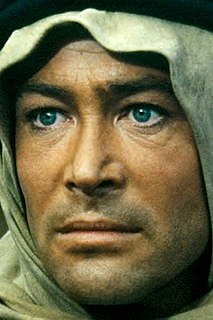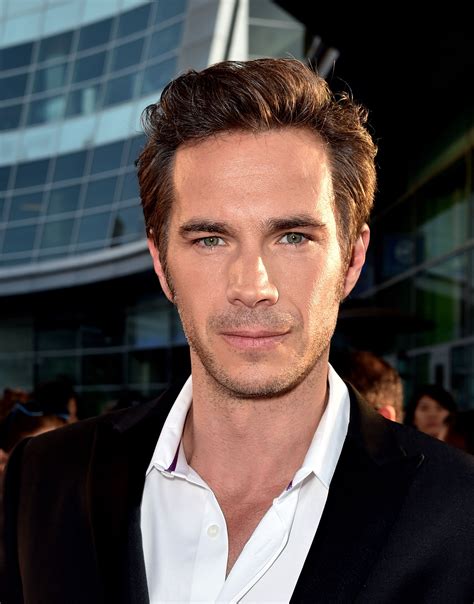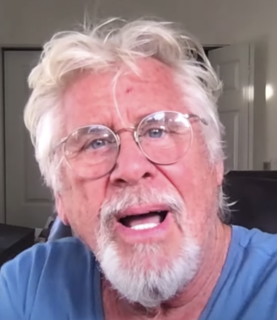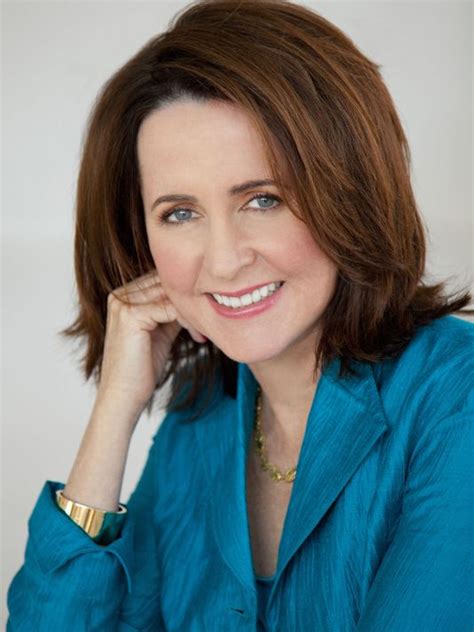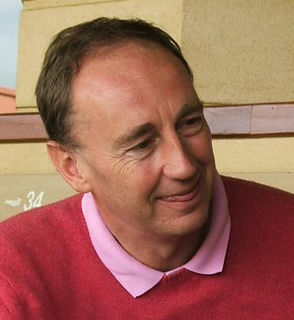A Quote by Norman Corwin
There's no set designer like your own self; you furnish the mise-en-scène, the wardrobe, the physical proportions of the actor, and the setting. Then radio is doing something that television very rarely achieves.
Related Quotes
Every actor has their own process. For me, I really need to stay in the pocket. So, if I'm on set and I'm in character, I'm not thinking like a producer. If I'm on set and I'm not in character, wardrobe and make-up, and I'm just coming on set for the moments that I'm not shooting, then I'm able to be the producer.
The stage is that immediate rush of energy you get from the audience. Also, doing something in chronology - something that starts and finishes the same night. In television, you work toward the one scene, you shoot it, and then you have to forget about it because you have to worry about the next scene.
When I first started to do fashion shows I didn't have the budget to hire top models so I would cast women who inspired me, and ask them to walk how they walked. I was doing a mise en scène, which for me was normal. I love for people to see my clothes, but it was more about the attitude of the girls. The revues of the late 19th century/early 20th century were very much a reflection of what was happening in society and politics, and for me that is also the role of the fashion designer.
All directors on all sets behave slightly differently depending on what the scene is. For example, if you are doing a love scene, which is intimate then the director is likely to be intimate. If you are doing a scene where everyone is mucking around and laughing then the director is likely to start with that. If you are playing a scene which us incredibly heavy and everyone getting killed then there are probably not many laughs on the set.
That scene that I have with Brad Pitt in Meet Joe Black is one of my favorite scenes that I've ever done. He's very modest. He's a real hardworking actor. I think he was going through something difficult at that time, and he never brought his personal stuff - not once! - on the set. He was a real pro. I remember doing that scene, and as I was acting, I thought, "I understand why this guy's a movie star." Because there was just something that he did when the cameras rolled. There was some kind of energy that was really magnificent, a real aura about him.
One thing that is very different technically is that you don't get a lot of coverage in television. Not like you do on a film. I know we don't have time for separate set-ups, so I will design a scene where I'm hiding multiple cameras within that set-up. That way, if I don't have time to do five set-ups, I can do four cameras in one set-up. It's a different kind of approach for that. For the most part, a lot of television, in a visual sense, lacks time for the atmosphere and putting you in a place.
Habits start out as off-hand remarks, magazine advertisements, friendly hints, experiments - like flimsy cobwebs with little substance. They grow with practice, layer by layer - thought on thought - fused with imagination and emotion until they become like steel cables - unbreakable. Habits are attitudes which grow from cobwebs into cables that control your everyday life. Self-discipline alone can make or break a habit. Self discipline alone can effect a permanent change in your self image and in you. Self-discipline achieves goals. Self discipline is not 'doing without,' it is 'doing within.'
The acting background helped a lot when I started writing. I was training for it. In acting class they teach you about the stakes in a scene (and) what motivates characters. When you bring a scene to class - as an actor with your scene partner - you have to do everything. There's no producer, set decorator or anything like that. You and you partner have to do everything and that's kind of like facing the blank page as a writer.
The landscape is a reflection of the inner life. Since I can't shoot the inner life, all I can shoot is the exterior but I know that when I'm filming outside, I'm filming inside. I can only really touch the inside through the mise-en-scene. So through the mise-en-scene of the outside we can explore the inside






